#1. Generation COVID: How the young are working round pandemic-hit job market
When the world got hit by the COVID-pandemic in 2020, very few expected it would bring such a long-lasting impact on so many of us. Young people, in particular, have struggled to adjust to this new reality. According to the United Nations’ International Labour Organization (ILO), one in six young people have stopped working since the onset of the COVID-19 pandemic, and about half reported a delay in their studies. Their life-long careers have most likely been severely affected. To mitigate this setback, many have been forced to become more entrepreneurial, work in the gig economy, pursue independent projects, or become freelancers. With so many applicants chasing so few jobs these days and with young people being three times as likely to be unemployed than people aged over 25, young people have shown more interest in developing digital skills such as coding, AI skills, or online editing. To read more on how the pandemic has affected young people, click here.
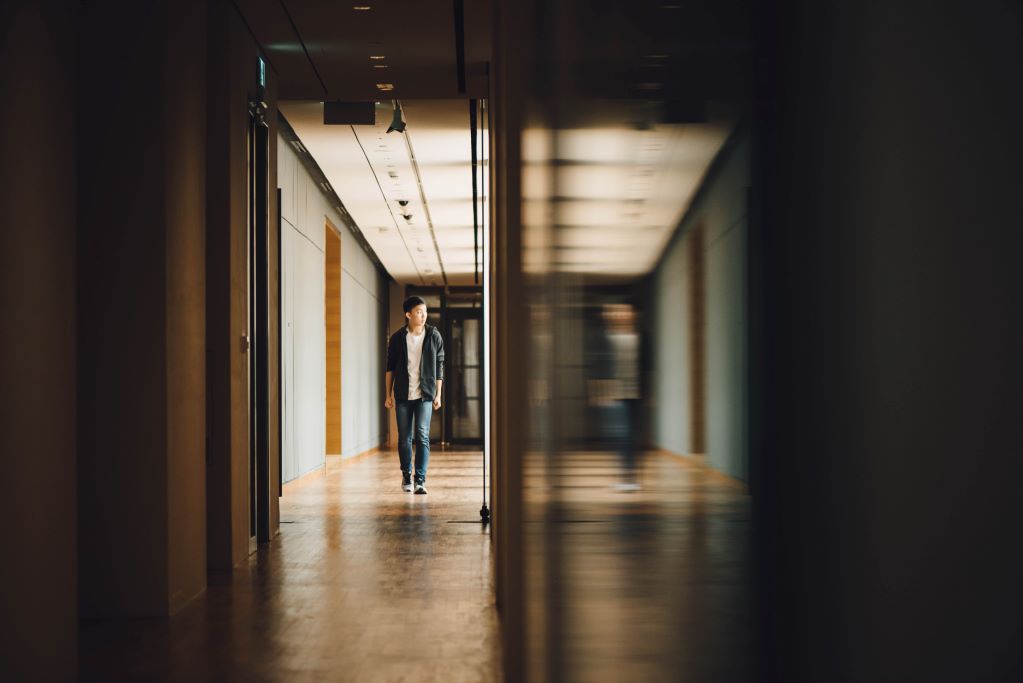
#2. The power of the ‘Fake Office Commute’
“I never thought there would come a time when I would miss my downtime from sitting in traffic,” said Eddie Fairchild from the USA, as he listed the benefits of commuting to and from work. And yet, a sentiment that only one year ago would not find much resonance among workers has now become widely accepted. So much so that experts and academics advise people who work from home to fake their commutes to avoid burning out. A short walk around the block or a few minutes on your bike could put a psychological barrier between your private and professional lives that have recently blurred into one. To help you fake your commutes, read this article and discover five small changes that will help you put a wall between you, your work, and non-work tasks.
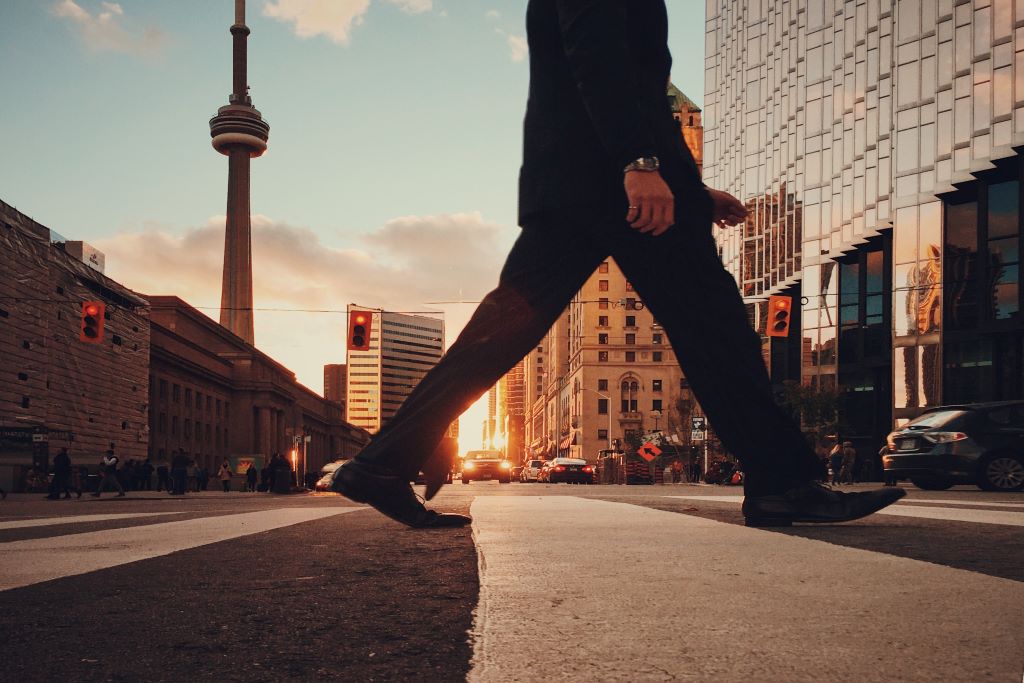
#3. Will the pandemic change our obsession with productivity?
One of the side-effects of the current pandemic has been our constant effort to improve our productivity. Whether it is working more, getting fit, or finishing that home-improvement project, we have become more obsessed with getting more done. However, according to Hannah Hickok from the BBC, we now have a rare opportunity to reassess what productivity means and change it for the better. In this article, she explains how productivity is deeply rooted in our culture and how we have internalised it over time. But these values are changing, and they are changing partly because of our newfound freedom to choose where, when, and how to work. As a result, many workers are beginning to realise that productivity isn't just output but that it also includes doing things that move them closer to overarching goals. Simply put, working on oneself is just as important and productive as working on one's career.
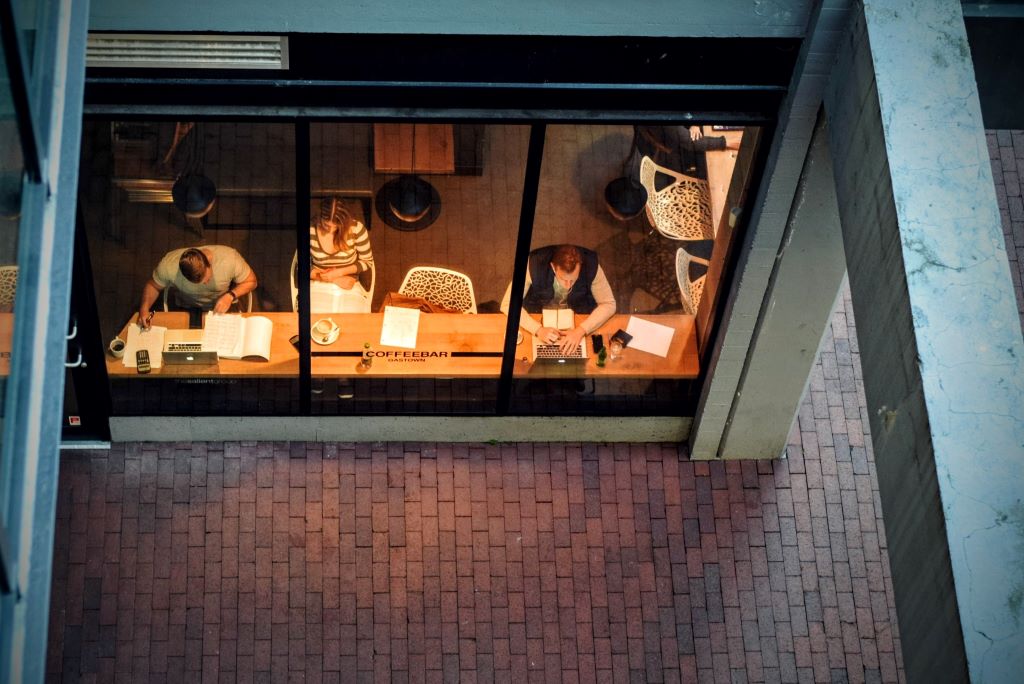
#4. How to best prepare for the hybrid office
For months we have been reporting on companies' different approaches regarding the role of their offices in the post-pandemic world of work. And while some businesses such as Twitter have suggested working from home indefinitely, many companies will most likely choose to pursue a "hybrid model," with employees gaining more flexibility on when they come to the office and when they decide to work from home. This hybrid arrangement, however, will not be without its challenges. To prepare, and as this Forbes article explains, CHROs should take into account four considerations. These include the two-tiered team dynamics that will create a barrier between colleagues who are in the office and those working from home, or loss of collaboration among the team members due to some of them working remotely
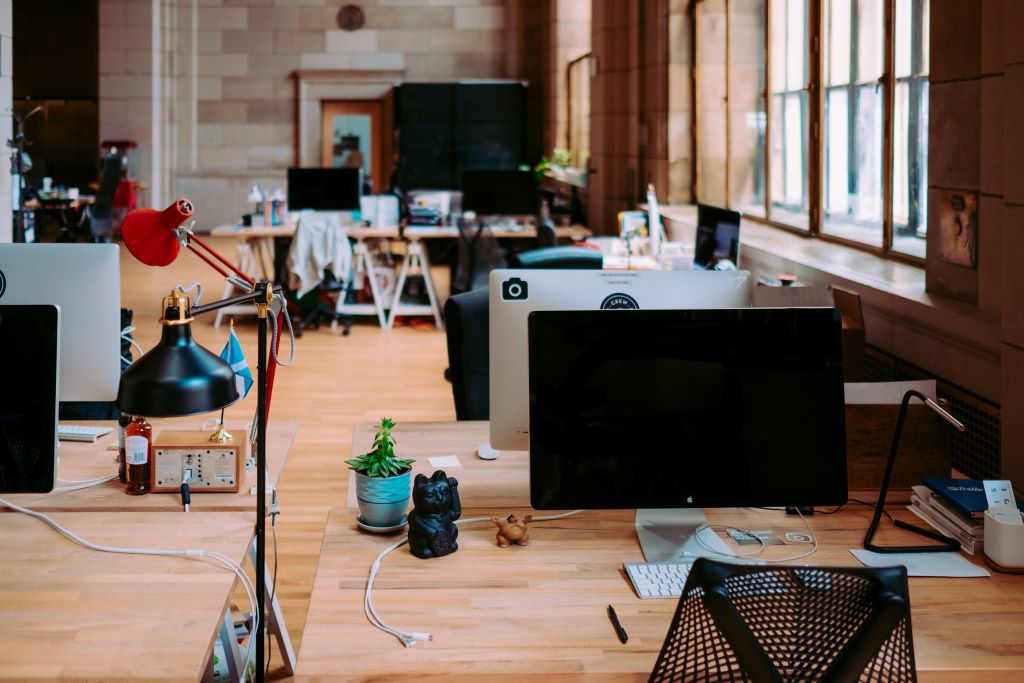
#5. Why business execs are happy they don’t have to fly as much
According to Bill Gates, in the future, there will be 50% less business travel. Such a drop might seem as too drastic until we start reading about the growing number of CEOs who are quickly falling out of love with traveling as part of their job. Among those is Preeti Chotai, London-based beauty trends and innovation expert, who says that at first, she loved traveling all the time, but then became overwhelmed and found herself constantly saying 'I'm exhausted'. According to research, people who live out of their suitcases suffer from poorer mental health. Similarly, those who spend 14 or more nights per month on business trips show significantly higher body mass index scores. Therefore, it should come as no surprise that many CEOs will take the current opportunity to reset their lives, enjoy them more, and become healthier as a result. For more on this topic, please read here.
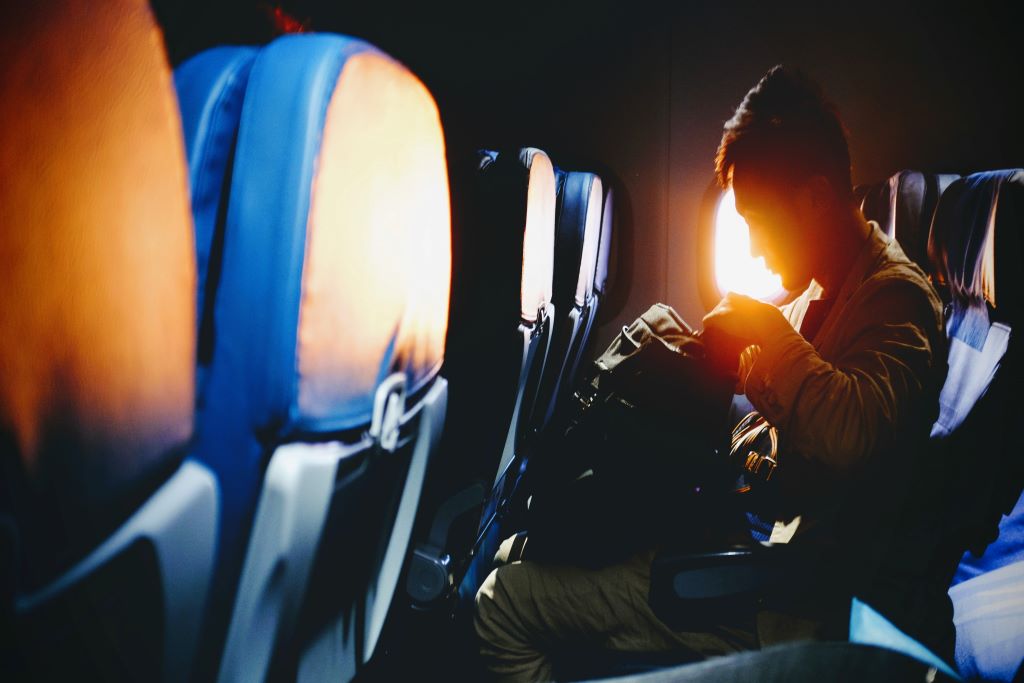
.jpg?h=503&iar=0&w=1824&hash=7C5EB8F1048F93BFEA535626C6CF42D6)


